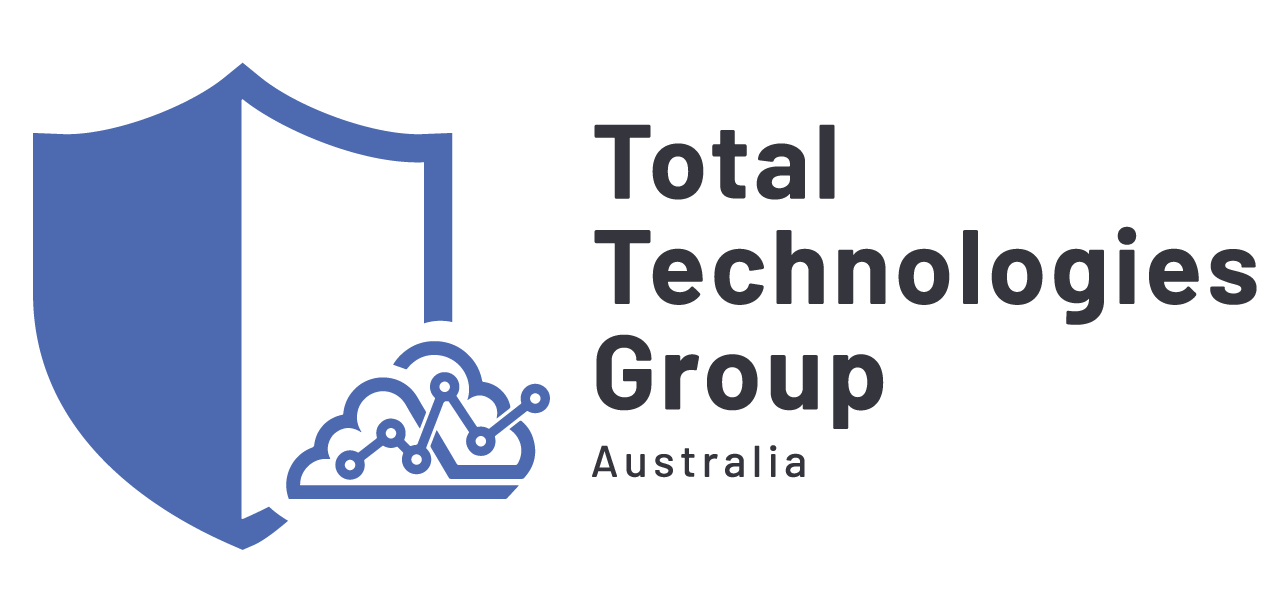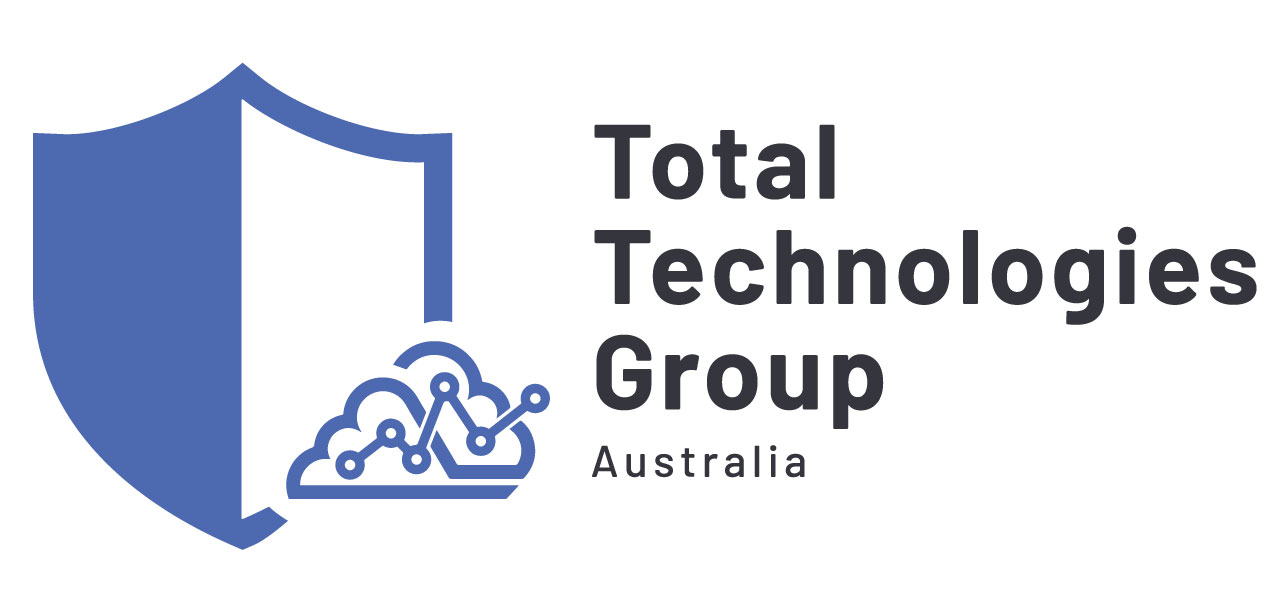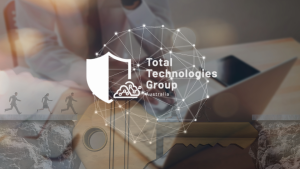In the bustling hub of Sydney, businesses are increasingly recognising the importance of robust IT audit to ensure smooth and secure operations.
Our IT Audit Service is designed to empower your business by providing a comprehensive evaluation of your IT systems. From risk assessments and compliance checks to data protection and cybersecurity measures, we cover all bases to help your business thrive in the digital era.
Whether you’re a startup or an established business, our tailored approach offers the insights and support you need to strengthen your IT infrastructure and enhance your operational efficiency. Join us in discovering how a meticulous IT audit can transform your business operations in Sydney and beyond.

IT Audit: The Significance
Identify Vulnerabilities
IT audit help identify vulnerabilities in your IT systems, networks, and applications. By conducting thorough assessments, auditors can uncover potential weaknesses that could be exploited by cybercriminals. This allows businesses to implement necessary measures to address these vulnerabilities and enhance their security posture.
Evaluating Security Controls
IT audit, assess security effectiveness of security controls, such as firewalls, intrusion detection systems, access controls, and encryption mechanisms. By evaluating these controls, organizations can determine whether they are appropriately designed, implemented, and maintained to protect against unauthorized access, data breaches, and other security incidents.
Assessing Compliance
IT audit, security services ensure that your organization complies with industry regulations and standards related to data protection, privacy, and cybersecurity. Auditors review policies and procedures to ensure they align with regulatory requirements and industry best practices. By achieving compliance, businesses can avoid legal consequences and demonstrate their commitment to protecting sensitive information.
Detecting Insider Threats
IT security audits also help detect insider threats, which can arise from employees, contractors, or other trusted individuals with authorized access to systems. By examining user access controls, monitoring practices, and data handling procedures, auditors can identify potential insider risks and recommend measures to mitigate them.
Enhancing Incident Response
IT security audits evaluate incident response plans and procedures. In the event of a security breach or cyber incident, a well-prepared incident response plan ensures a prompt and effective response. Auditors can assess the readiness of your organization to handle security incidents, recommend improvements, and facilitate a faster recovery.
Strengthening Security Awareness
IT security audits provide an opportunity to enhance security awareness among employees. Auditors may assess the effectiveness of security training programs, policies, and awareness campaigns. By educating employees about common security risks, best practices, and the importance of adhering to security policies, organizations can create a culture of security and minimize the likelihood of security breaches caused by human error.
IT security audit services are essential for organizations to protect their digital assets and mitigate the risks associated with cyber threats. By conducting thorough assessments, identifying vulnerabilities, evaluating security controls, and ensuring compliance with regulations, businesses can enhance their security posture, safeguard sensitive information, and maintain the trust of their customers. Invest in IT security audit services to proactively protect your digital assets and fortify your defences against evolving cybersecurity threats.
The Importance of IT Security Audit Services
In today’s rapidly evolving digital landscape, businesses face a wide range of IT risks that can impact their operations, finances, and reputation. These risks include cyber threats, data breaches, system failures, and regulatory non-compliance. To ensure long-term success, organizations must prioritize effective risk management practices. By identifying, assessing, and mitigating IT risks, businesses can protect their assets, maintain operational continuity, and gain a competitive edge.
Understanding Risk Management
In the context of IT, risk management focuses on identifying potential threats to IT systems, data, and operations, and developing strategies to prevent or reduce the likelihood and impact of these risks.
The Benefits of Effective Risk Management:
Proactive Risk Identification
Effective risk management allows businesses to proactively identify potential IT risks before they materialize. By conducting comprehensive risk assessments, organizations can identify vulnerabilities, weak controls, and emerging threats. This enables them to implement proactive measures to mitigate risks and prevent potential disruptions.
Protection of Business Assets
IT risks can pose a significant threat to an organization’s valuable assets, including sensitive data, intellectual property, and critical infrastructure. By implementing risk management strategies, businesses can safeguard their assets against unauthorized access, data breaches, and other security incidents. This protects their reputation, customer trust, and financial well-being.
Operational Continuity
IT risks, such as system failures, cyberattacks, or natural disasters, can disrupt business operations and lead to significant downtime. Effective risk management ensures that organizations have robust business continuity plans, backup systems, and disaster recovery strategies in place. This enables them to minimize the impact of disruptions and maintain operational continuity, even in challenging circumstances.
Compliance with Regulations
Many industries are subject to regulatory requirements related to IT security, data protection, and privacy. Effective risk management ensures that organizations comply with these regulations, avoiding penalties, legal consequences, and damage to their reputation. By aligning their practices with industry standards, businesses can demonstrate their commitment to security and gain a competitive advantage.
Cost Savings
Proactive risk management can lead to cost savings in the long run. By identifying and addressing risks early on, organizations can avoid costly security breaches, legal disputes, and operational disruptions. Moreover, effective risk management helps optimize resource allocation, ensuring that investments in security measures are aligned with the level of risk and potential impact.
Strategic Decision-Making
Risk management provides organizations with valuable insights into their IT landscape. By understanding their risks, vulnerabilities, and controls, businesses can make informed strategic decisions regarding IT investments, cybersecurity measures, and operational improvements. This ensures that resources are allocated effectively, enhancing the overall resilience and competitiveness of the organization.
Disaster Recovery: Ensuring Business Continuity
In today’s interconnected and technology-dependent business environment, the potential for disruptions and disasters is a constant reality. Natural disasters, cyberattacks, system failures, or human errors can all lead to significant downtime and financial losses if organizations are not adequately prepared. That’s where disaster recovery planning comes into play. By implementing robust disaster recovery strategies, businesses can ensure the continuity of their operations, minimize downtime, and protect their valuable assets.
Understanding Disaster Recovery
Disaster recovery refers to the process of resuming normal operations after an unforeseen event or disaster. It involves implementing a set of predetermined procedures, technologies, and resources to recover and restore critical systems, data, and infrastructure. The primary goal of disaster recovery planning is to minimize the impact of disruptions, maintain business continuity, and safeguard the organization’s reputation.
Importance of Disaster Recovery
Minimizing Downtime
Downtime can have severe financial implications for businesses. Every minute of system unavailability can result in lost revenue, decreased productivity, and dissatisfied customers. An effective disaster recovery plan ensures that critical systems can be restored quickly, minimizing downtime and its associated costs.
Protecting Data and Assets
Data is one of the most valuable assets for any organization. A robust disaster recovery strategy ensures that data backups are regularly performed, stored securely, and can be restored in the event of a disaster. This protects against data loss, allows for quick recovery, and ensures the integrity of critical information.
Maintaining Customer Trust
Downtime and service interruptions can erode customer trust and loyalty. By implementing a comprehensive disaster recovery plan, organizations can demonstrate their commitment to delivering uninterrupted services and maintaining the trust of their customers. This can be crucial in retaining existing customers and attracting new ones.
Complying with Regulations
Many industries have regulatory requirements related to data protection, privacy, and business continuity. Effective disaster recovery planning ensures that organizations meet these compliance obligations. By aligning their practices with regulatory standards, businesses can avoid penalties and legal consequences.
Rapid Recovery from Cyberattacks
Consequently, cyberattacks, such as ransomware or data breaches, can cripple an organisation’s operations. A well-designed disaster recovery plan includes provisions for addressing cyber incidents. It allows for timely detection, containment, and recovery from such attacks, minimising the damage and facilitating a quick return to normal operations.
Testing and Continuous Improvement
Disaster recovery planning involves regular testing and simulations to ensure that the plan is effective and up-to-date. By conducting regular tests, organizations can identify any gaps or weaknesses in their strategies and make necessary improvements. This iterative approach ensures that the disaster recovery plan remains robust and reliable over time.
Internal Audit: Strengthening Your IT Governance
In today’s technology-driven business landscape, effective IT governance is essential for organizations to ensure the efficient and secure use of their information technology resources. Internal audits play a critical role in evaluating and strengthening IT governance practices. By conducting comprehensive assessments and providing independent assurance, internal audits help businesses identify areas of improvement, mitigate risks, and optimize their IT operations.
Understanding Internal Audit
Internal audit refers to the independent and objective evaluation of an organization’s processes, controls, and systems by an internal audit department or team. It serves as a valuable tool for assessing the effectiveness of internal controls, risk management practices, and compliance with policies and regulations.
The Benefits of Internal Audit IT Governance
Evaluating IT Controls
Internal audits assess the design and effectiveness of IT controls within an organization. These controls include access controls, change management processes, data backup and recovery procedures, and cybersecurity measures. Besides, evaluating these controls, internal audits provide insights into areas where improvements are needed to enhance the overall security and reliability of IT systems.
Identifying Operational Inefficiencies
Internal audits help identify operational inefficiencies and gaps in IT processes. By reviewing IT workflows, resource allocation, and system utilization, internal auditors can recommend improvements to enhance operational efficiency. This leads to cost savings, improved productivity, and optimized utilization of IT resources.
Mitigating Risks
Internal audits assess risks related to IT operations and systems. By identifying vulnerabilities, potential security breaches, and compliance gaps, internal auditors help organizations mitigate risks proactively. Furthermore developing and implementing risk mitigation strategies, moreover,enhancing cybersecurity measures, strengthening access controls, and improving disaster recovery plans.
Ensuring Compliance
Internal audits play a crucial role in ensuring compliance with policies, regulations, and industry standards related to IT governance. By evaluating adherence to these requirements, internal auditors help organizations avoid penalties, legal consequences, and reputational damage. This promotes a culture of compliance and integrity within the organization.
Providing Independent Assurance
In fact, internal audits provide independent and objective assurance to stakeholders which include management, board of directors, and external parties. By offering an unbiased assessment of IT governance practices, internal auditors instil confidence in the effectiveness of controls and risk management processes. This enhances transparency and accountability throughout the organization.
Driving Continuous Improvement
Internal audits foster a culture of continuous improvement within an organization. By identifying areas for enhancement and recommending best practices, internal auditors encourage ongoing development and optimization of IT governance practices. This helps organizations stay ahead of emerging risks, technology advancements, and regulatory changes.
The Auditing Process
The auditing process is a systematic and comprehensive evaluation of an organization’s processes, procedures, and controls to assess their effectiveness, identify areas of improvement, and provide recommendations for enhancement. In the context of IT auditing, this process involves evaluating the organization’s IT infrastructure, systems, security measures, and compliance with relevant regulations. Let’s take a closer look at the various stages involved in the auditing process
The Auditing Process Steps
Planning
At the beginning of the auditing process, our team collaborates with your organization to understand your specific requirements and objectives. This step involves defining the scope of the audit, establishing timelines, and identifying key stakeholders.
Data Collection
Our group of experts collect and analyse relevant data which system configurations, policies, and procedures included. It allows us to gain a comprehensive understanding of your IT infrastructure and assess its effectiveness.
Risk Assessment
Our auditors evaluate the potential risks and vulnerabilities within your IT systems. This involves identifying weaknesses, threats, and the likelihood of potential incidents.
Evaluation
Based on the collected data and risk assessment, we conduct a thorough evaluation of your IT infrastructure, controls, and compliance with industry standards and regulations.
Recommendations
After the Evaluation, we provide detailed recommendations to address and identify weaknesses and mitigate the risks. Additionally, it focuses on enhancing IT security as a result of operational efficiency and overall risk management strategies.
Implementation
Upon your approval, our team can assist in implementing the recommended changes and improvements. We work closely with your organization to ensure a seamless transition and successful implementation of the proposed solutions. In an increasingly interconnected world, safeguarding your business from IT risks is essential for long-term success. Total Technologies Group offers extensive IT audit services: IT security audits, risk management, disaster recovery planning, and internal audits.
Partner with Us
Trust Total Technologies Group to empower your business with secure and efficient IT infrastructure. Avail our service, you can confidently choose the right solution for your business. Achieved growth in 2025. Our services offer peace of mind, allowing you to focus on what you do best: running and growing your business.
Get in touch with Total Technologies; we design customised solutions for your business.






